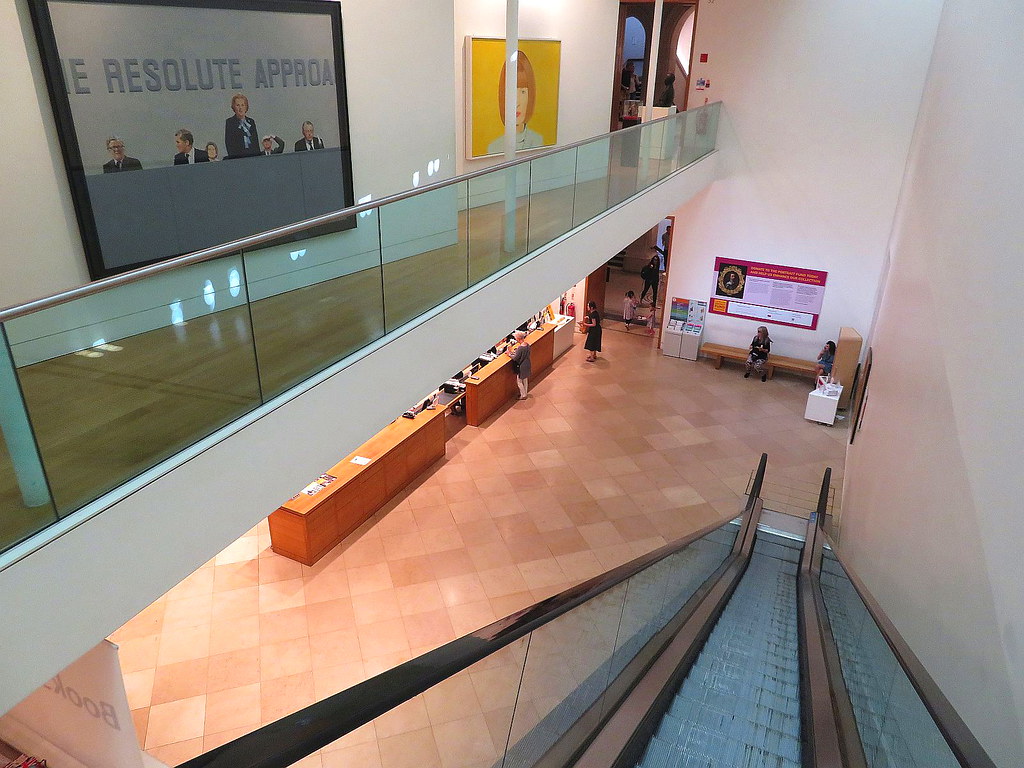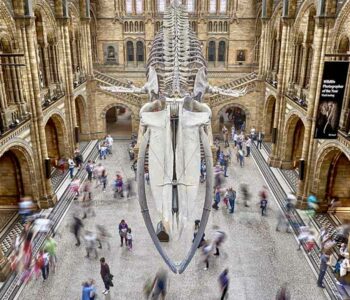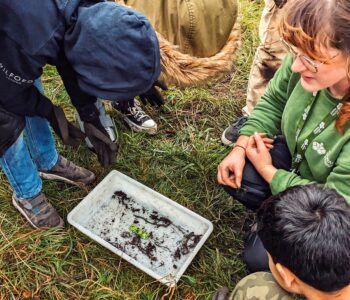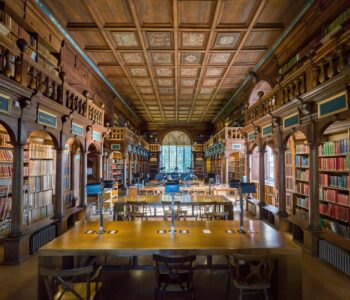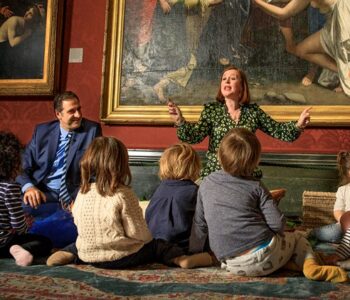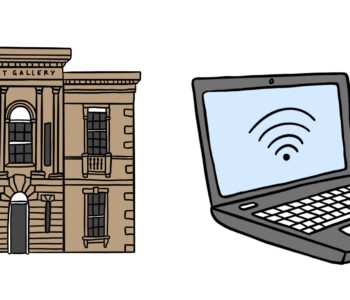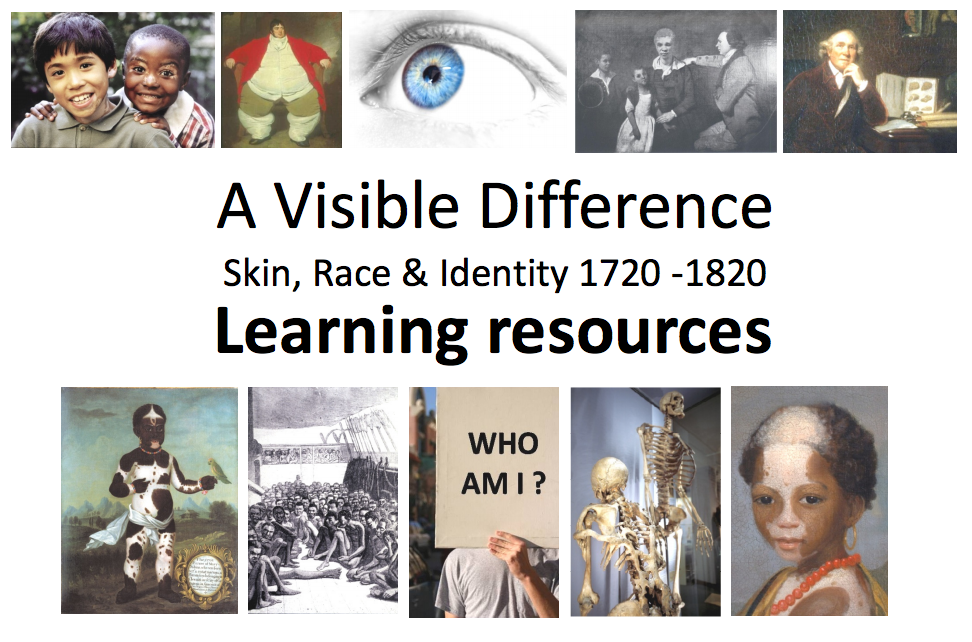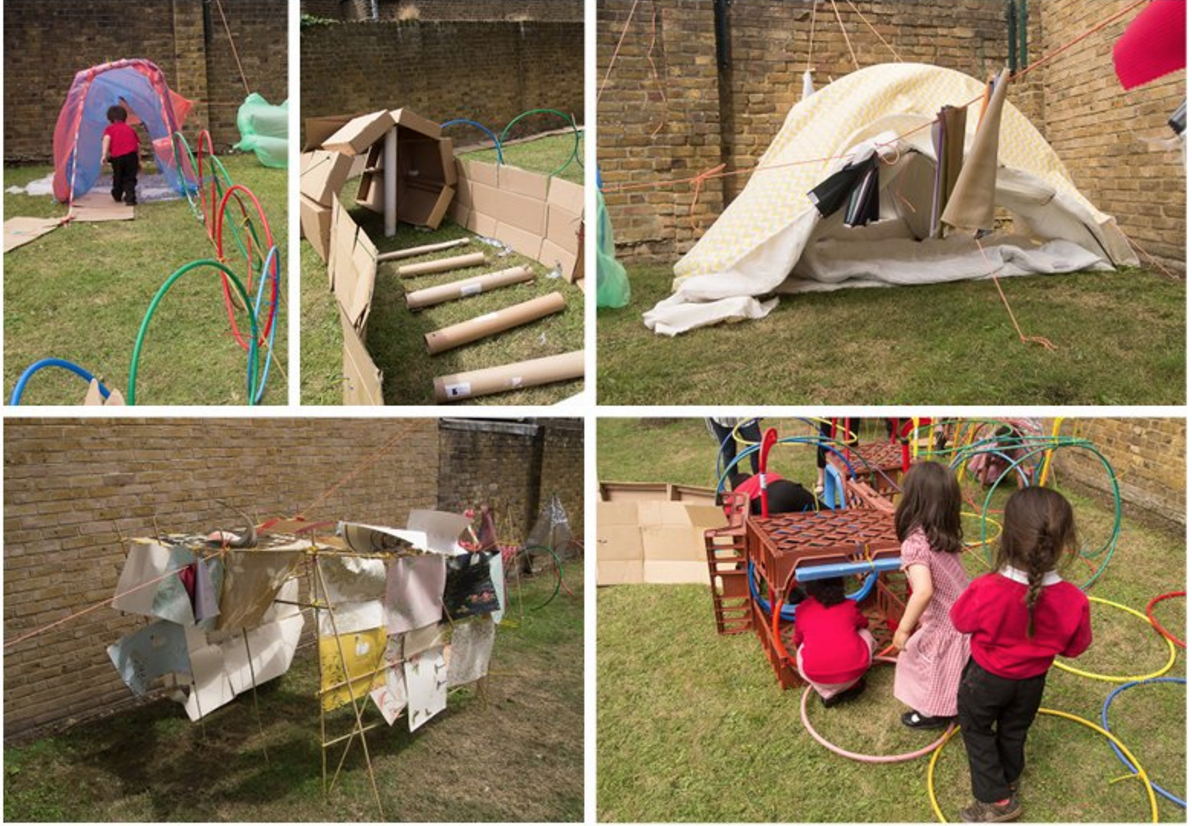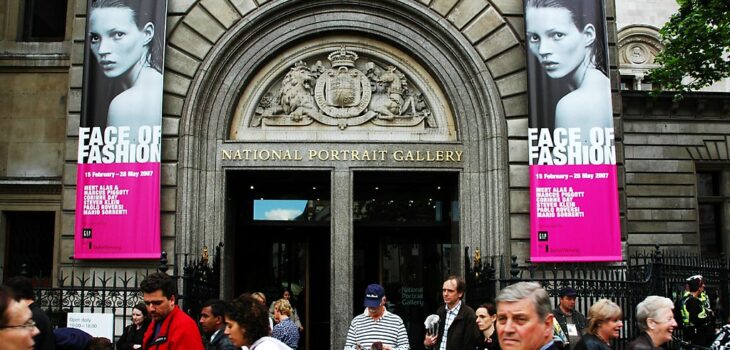
National Portrait Gallery Schools Programme
The National Portrait Gallery has undergone a huge transformation, reopening in 2023. We worked as critical friends and evaluators with the Learning Team to develop and test the delivery of new workshops for schools to align with their new hang and the National Curriculum.
The National Gallery wanted to test and refine a new schools programme that delivered two strands: art and history. The fresh curation of the galleries offered the opportunity to explore representation and challenging histories in the galleries and the art and photography workshops would benefit from new studio spaces.
Flow reviewed session plans and developed an evaluation and reflective process for the team to understand what was working in the sessions and where changes could be made. We observed sessions and worked in workshops with the Learning team and facilitators to refine the learning objectives and delivery before the programme’s launch in the new school year.
